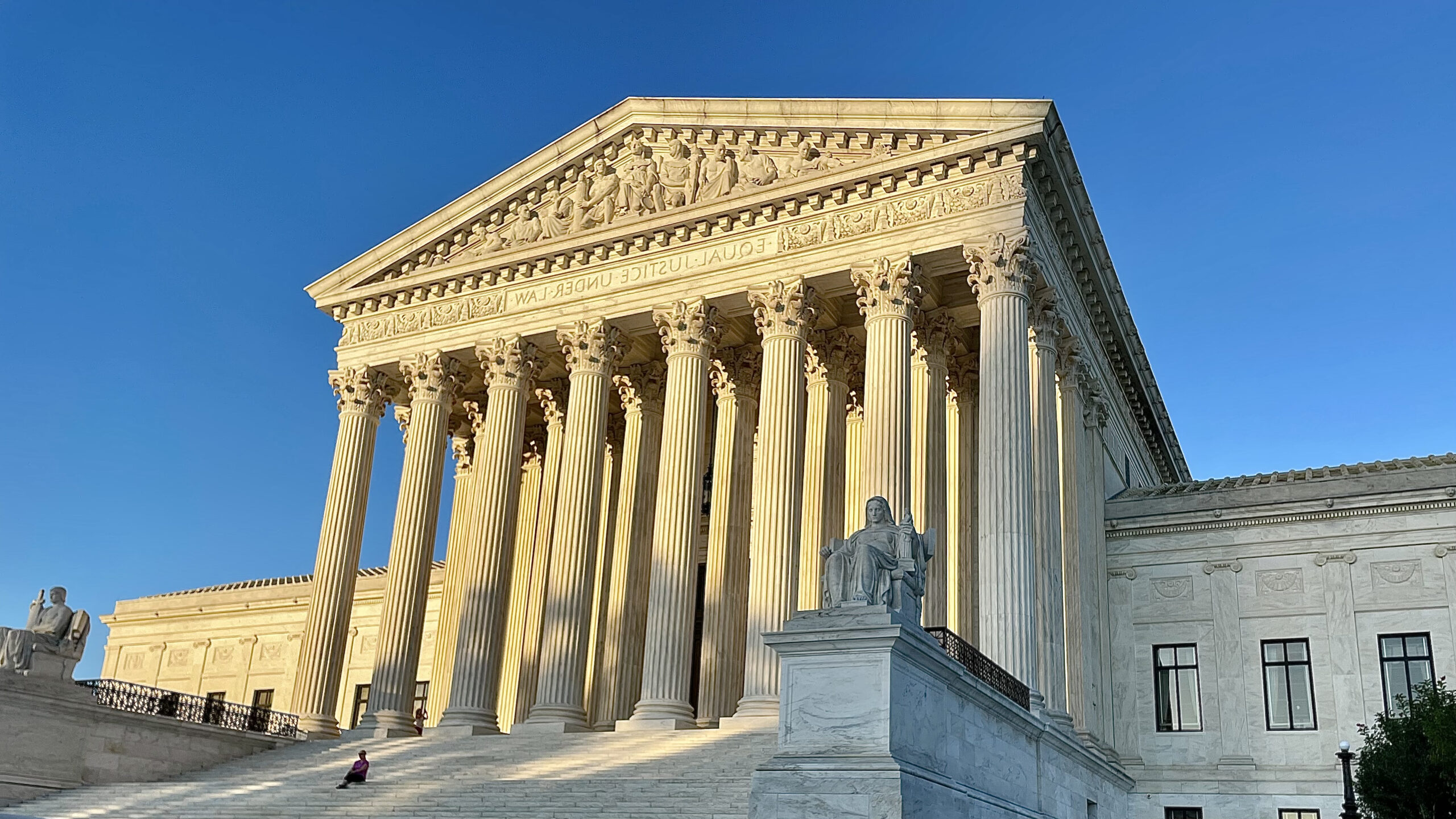

The American Bar Association is asking the federal judiciary to stop using the term “court-appointed master” because “master” has masculine connotations and invokes slavery.
“Court-appointed neutral” is the preferred term of the ABA, which told the federal judiciary’s Advisory Committee on Civil Rules that “master … refers to one (male) person who has control or authority over another; and the most obvious example of that is slavery.”
Courts typically appoint a “master,” also known as a “special master,” to oversee certain aspects of litigation and often to mediate issues between parties.
“Although no one suggests that the use of ‘master’ in court settings was intended to have a negative meaning, ‘master’ carries an extremely negative connotation in situations involving power relationships,” the ABA’s Monday letter states.
The letter pointed to several other professions that have suggested getting rid of “master,” like “master sommelier” in wine, “master bedroom” in real estate, and “headmaster” in education.
Maryland, Delaware, and Pennsylvania have already nixed using the term “master,” where Maryland and Delaware opted for “magistrate,” and Pennsylvania started using “hearing officer.”
CLICK HERE TO READ MORE FROM THE WASHINGTON EXAMINER
The ABA believes its term, “court-appointed neutral,” more accurately described the role of the appointee because “where the term ‘master’ suggests someone brought in to adjudicate, court-appointed neutrals are a multipurpose tool that could be used for quasi-adjudicative work, but could also be used for facilitative, investigative, intermediary, informatory, administrative, monitoring, implementing or various other purposes.”
The Advisory Committee is meeting on April 9, where it could consider the change.



